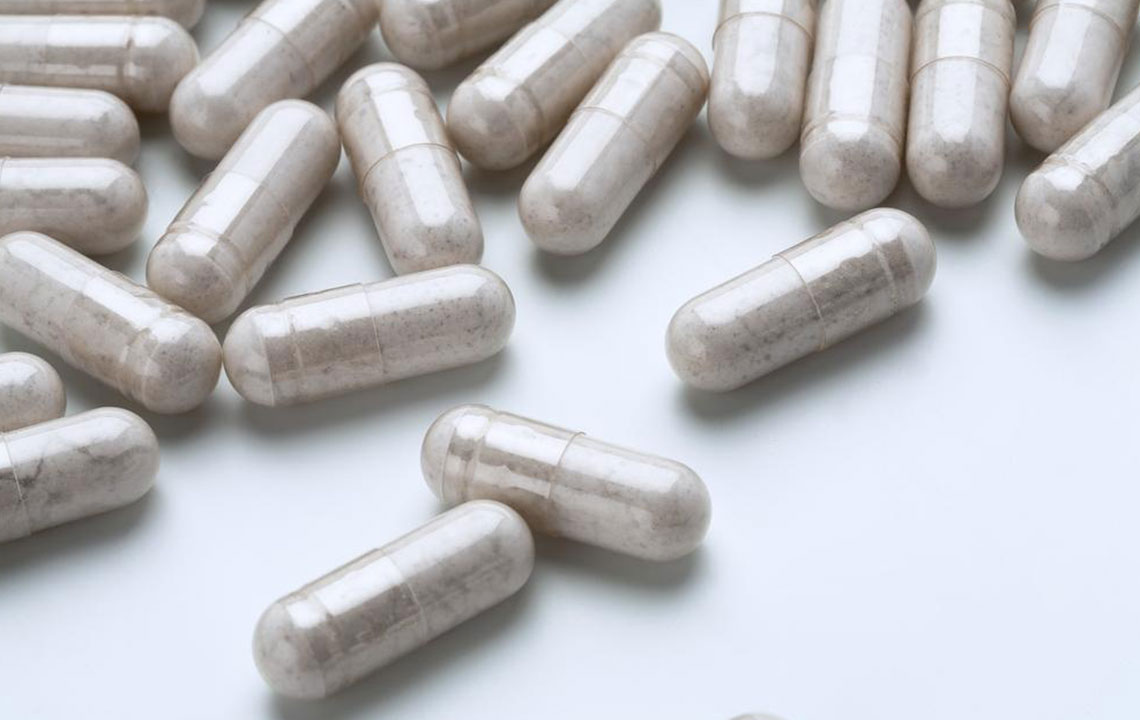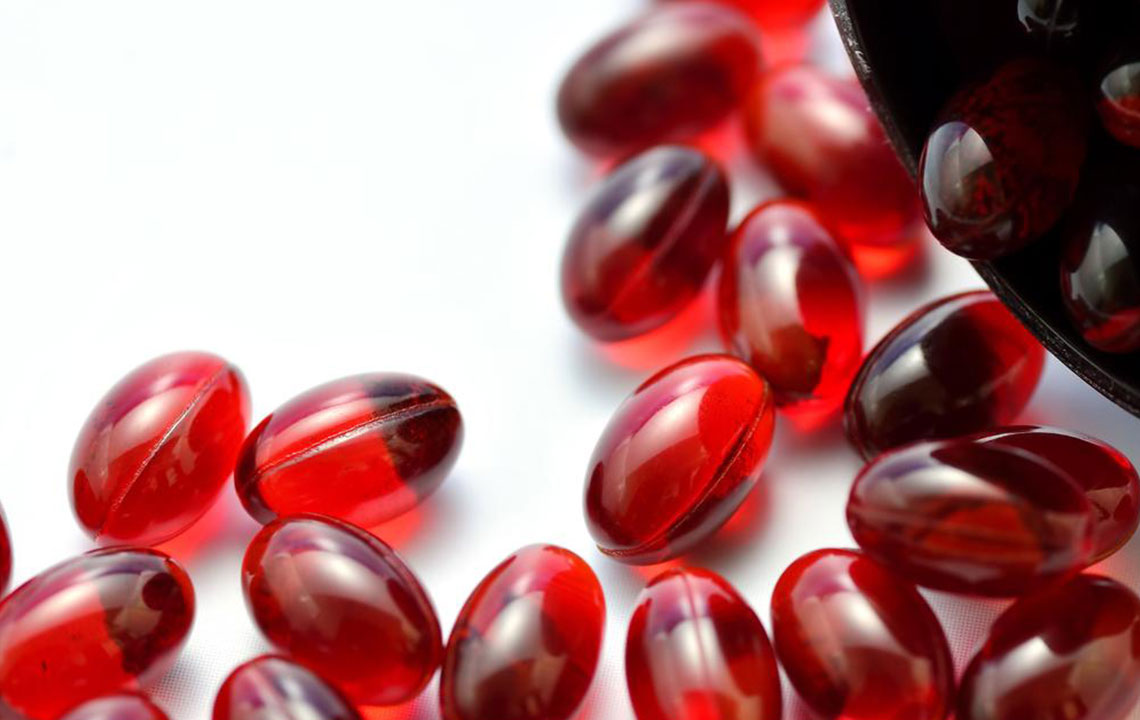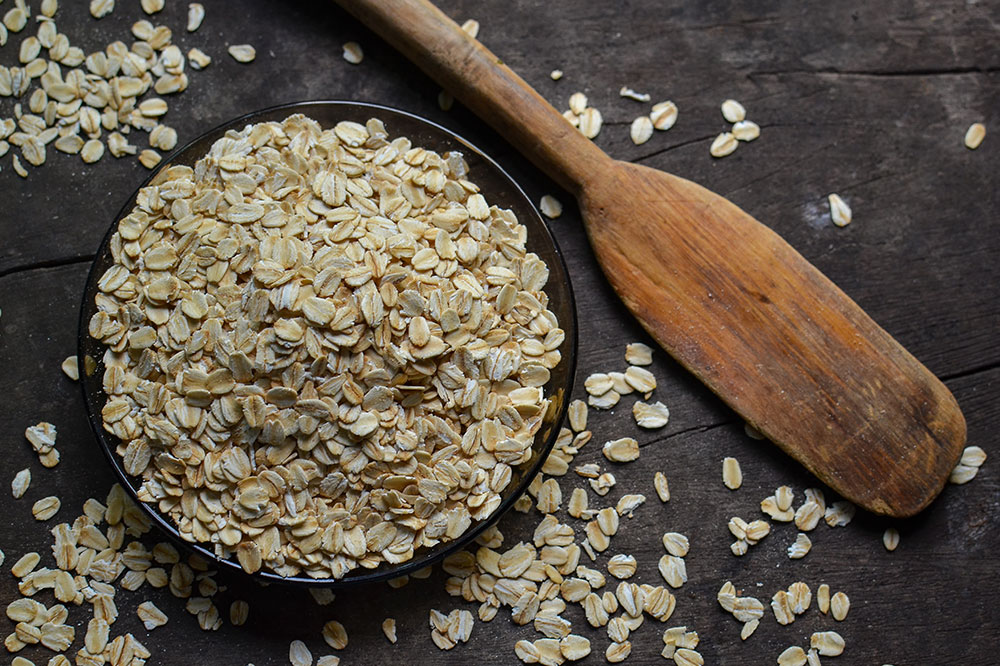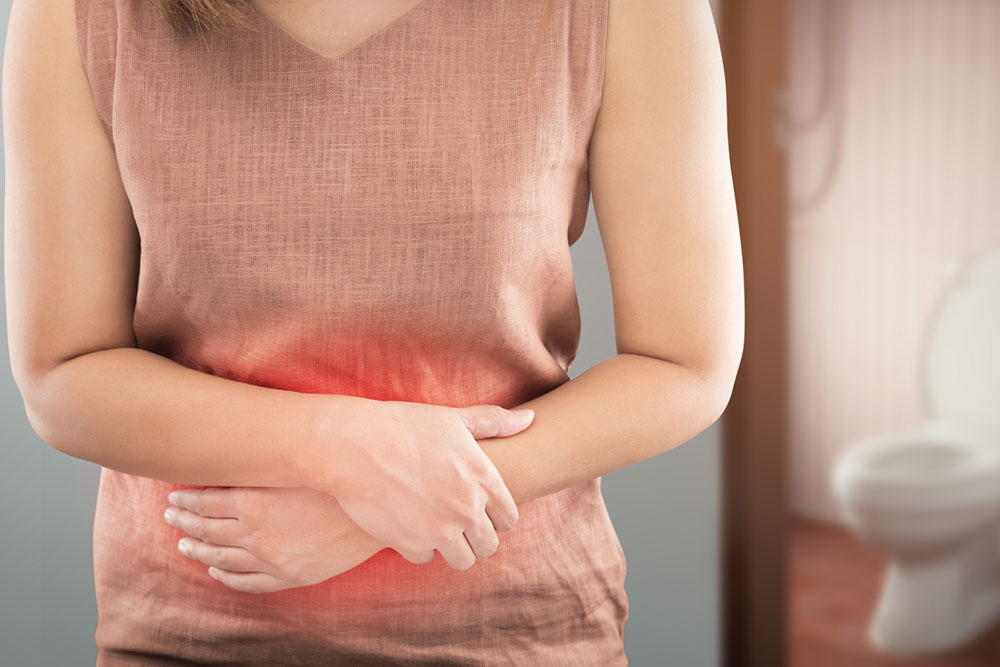Probiotic Strategies for Managing Crohn’s Disease
This article explores the role of probiotics in managing Crohn’s disease, detailing how these beneficial microorganisms help improve gut health, reduce symptoms, and support remission. It covers the disease's causes, symptoms, and how probiotics can be integrated into treatment plans as a promising complementary therapy, emphasizing the importance of gut flora balance and dietary sources of probiotics for intestinal health.
Sponsored

Crohn’s disease, also called ileitis, is a chronic condition impacting the gastrointestinal tract. It causes inflammation that can severely impair daily life. Named after Dr. Burill B. Crohn, who identified the condition in 1932, it affects approximately 500,000 Americans. The disease manifests through symptoms such as diarrhea, fatigue, abdominal pain, blood in stool, sudden weight loss, and decreased appetite. Prompt medical consultation is advised if persistent bowel changes occur.
Causes of Crohn’s Disease
The exact origins of Crohn’s remain uncertain. While diet and stress were once suspected, current research suggests they mainly worsen the condition rather than cause it. Genetic factors and immune system dysfunction are also considered key contributors.
Immune Response and Heredity
Sometimes, infections from bacteria or viruses trigger Crohn’s by confusing the immune system, which then attacks necessary cells in the digestive tract. Genetics may also play a role, although some individuals develop Crohn’s without a family history.
Probiotics are emerging as an alternative approach to managing Crohn’s disease. These live microorganisms, introduced into your diet, can help fight harmful pathogens linked to the disease’s development. Widely available, probiotics contain various bacterial strains beneficial for gut health.
Role of Probiotics in Crohn’s Treatment
Probiotics have shown promise in treating diarrhea caused by infections like Clostridium difficile and supporting gut function. The colon relies on bacteria to process waste, and bacteria like Bifidobacteria are crucial in this process. Since these bacteria are abundant in early life, supplementing with probiotics mimicking them can aid Crohn’s management. As a form of inflammatory bowel disease (IBD), Crohn’s responds positively to probiotic use in some cases, especially for maintaining remission after medication or surgery.
Effectiveness of Probiotics for Crohn’s Disease
Research indicates probiotics may be more beneficial for colonic Crohn’s compared to ileal cases. They enhance gut flora balance, potentially alleviating symptoms and preventing flare-ups.
Probiotics are often called nature’s health boosters since they promote beneficial bacteria growth, which can naturally combat Crohn’s or reduce its risk. Yogurt, kefir, and kimchi are common probiotic-rich foods containing multiple strains of helpful bacteria that support gut lining health and immune function.
Possible Side Effects of Probiotics
Diarrhea
Cramping
Skin rashes
Bloating
Stay well-hydrated when consuming probiotics. If adverse effects are severe or persistent, consult a healthcare professional. While Crohn’s disease has no definitive cure, probiotics offer a complementary approach to management. Continued research is advancing our understanding, although whether probiotics can serve as a cure remains under discussion.






